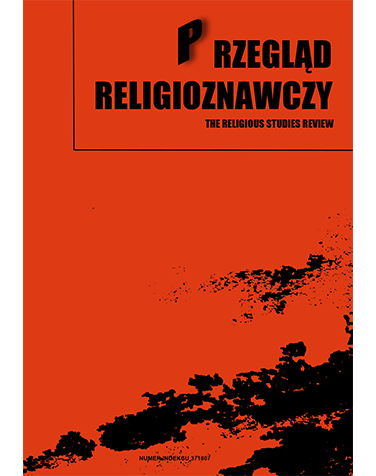Wyrocznie boga Hachimana a synkretyzm shintō i buddyzmu w Japonii
Słowa kluczowe:
oracles, syncretism of Shintō and Buddhism, Hachiman, monk Dōkyō, Usa HachimangūAbstrakt
The oracles of Hachiman, the god of war and archery, identified with the emperor Ōjin, had a significant impact on the development of syncretism of Buddhism and Shintō. Hachiman, who obtained the title of Great Bodhisattva (Dibosatsu), was recognized as the guardian of the Buddhist temple of Tōdaiji in Nara, which houses the statue of Buddha Dainichi (identified with the sun goddess Amaterasu). Through the oracle, Hachiman was to request the enthronement of the monk Dōkyō (700−772), which is against the Shintō tradition, according to which only a descendant of the sun goddess Amaterasu can become emperor. This oracle was found to be false and contributed to undermining the authority of the priestesses who acted as mediums at the Usa Hachimangū. The true oracle of Hachiman supported Shintō tradition. Hachiman continued to be an important object of worship at the imperial court and his wishes expressed in subsequent oracles were fulfilled, e.g. according to Hachiman’s wish a temple was built for him in the capital of Heiankyō (today’s Kyoto).
Pobrania
Opublikowane
Numer
Dział
Licencja

Utwór dostępny jest na licencji Creative Commons Uznanie autorstwa – Na tych samych warunkach 4.0 Miedzynarodowe.







